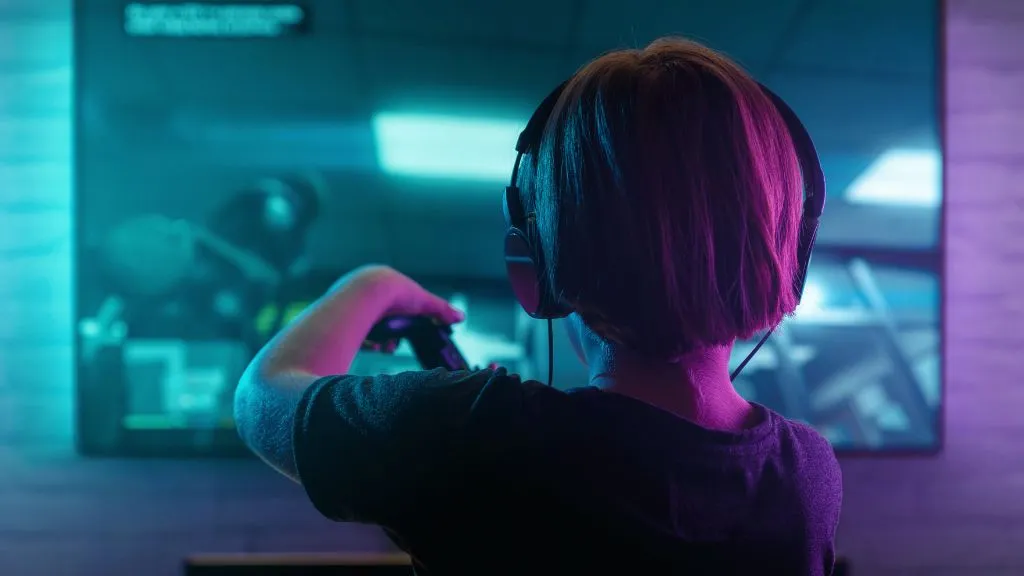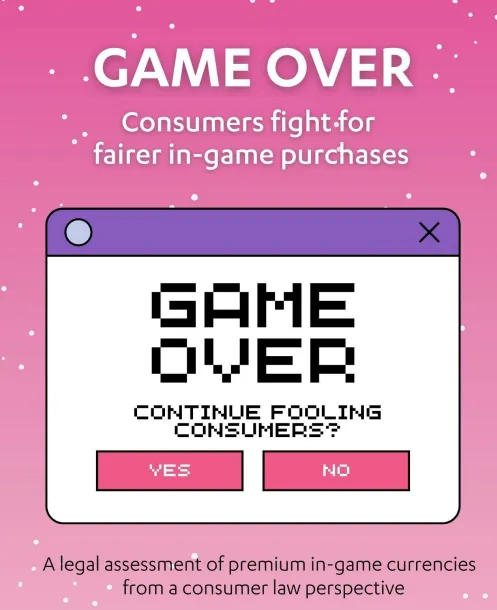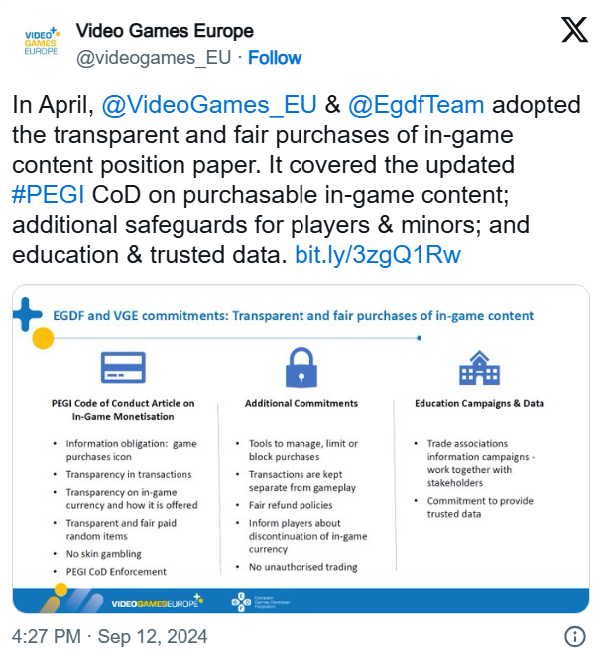
Accusations of Misleading Strategies
According to BEUC's analysis, the core issue revolves around the way companies market and sell "paid currencies" — virtual currencies bought with real money, used to purchase in-game items. The complaint states that video game companies lack transparency about the real cost of digital items, leading consumers (especially children) to overspend without a full understanding of their expenditures.
Moreover, BEUC believes that gamers often face challenges in reclaiming their rights after purchases, such as difficulty obtaining refunds or sudden changes in the value of in-game items.
According to BEUC's research, many players would prefer to see the real cost in actual currency to make informed decisions.
Protecting Children
A major focus of the complaint is the vulnerability of children: in Europe, 84% of children aged 11-14 regularly play video games. BEUC argues that game companies have not taken sufficient measures to protect these young consumers, who often struggle to understand the real cost and impact of in-game purchases.
The complaint urges the European Commission and CPC-Network to take immediate action to protect young gamers. One of the suggested solutions is to disable in-game purchases by default for all users (especially children), ensuring any purchases are made thoughtfully and with full knowledge.
Video Games Europe, representing companies like Epic Games, Roblox, Activision Blizzard, Electronic Arts, Supercell, and Ubisoft, cited an Ipsos survey on how parents monitor their children's spending. According to Video Games Europe, results from the past five years show that 90% of parents still actively participate in overseeing their children's spending, with children's spending on game content slightly decreasing, currently below 25%.

Violation of EU Consumer Law
BEUC believes that these gaming companies' practices violate several EU consumer protection laws, including the Consumer Rights Directive (2011/83/EU) and the Unfair Commercial Practices Directive (2005/29/EC). These laws aim to ensure that consumers receive clear and accurate information and are not subjected to unfair or misleading marketing practices.
BEUC hopes to see complete transparency in the pricing of in-game currencies, the cessation of allowing companies to modify game features or withdraw content under "unfair terms," and the recognition of consumer rights, such as obtaining refunds or exercising legal protections.
As the European Commission and CPC Network begin their investigations, the outcomes could significantly impact the future of the gaming industry, affecting not only the companies mentioned in the report.
Industry Response
Video Games Europe states that using game currencies is a long-standing habit known to players. "Our members always comply with European consumer law when offering these purchases. The PEGI Code of Conduct requires developers to clearly and explicitly display the real price when purchasing game currencies," Video Games Europe stated.









